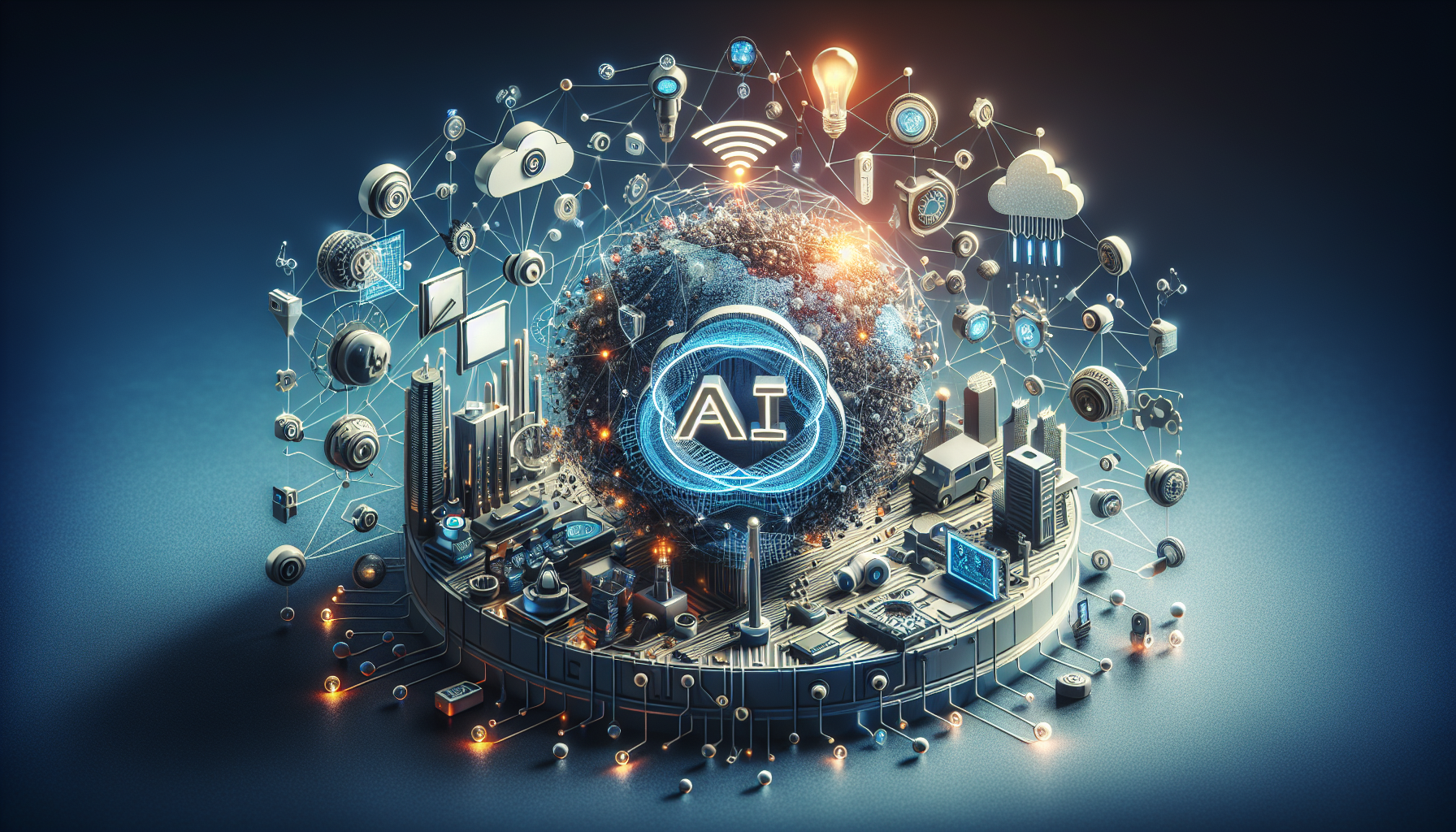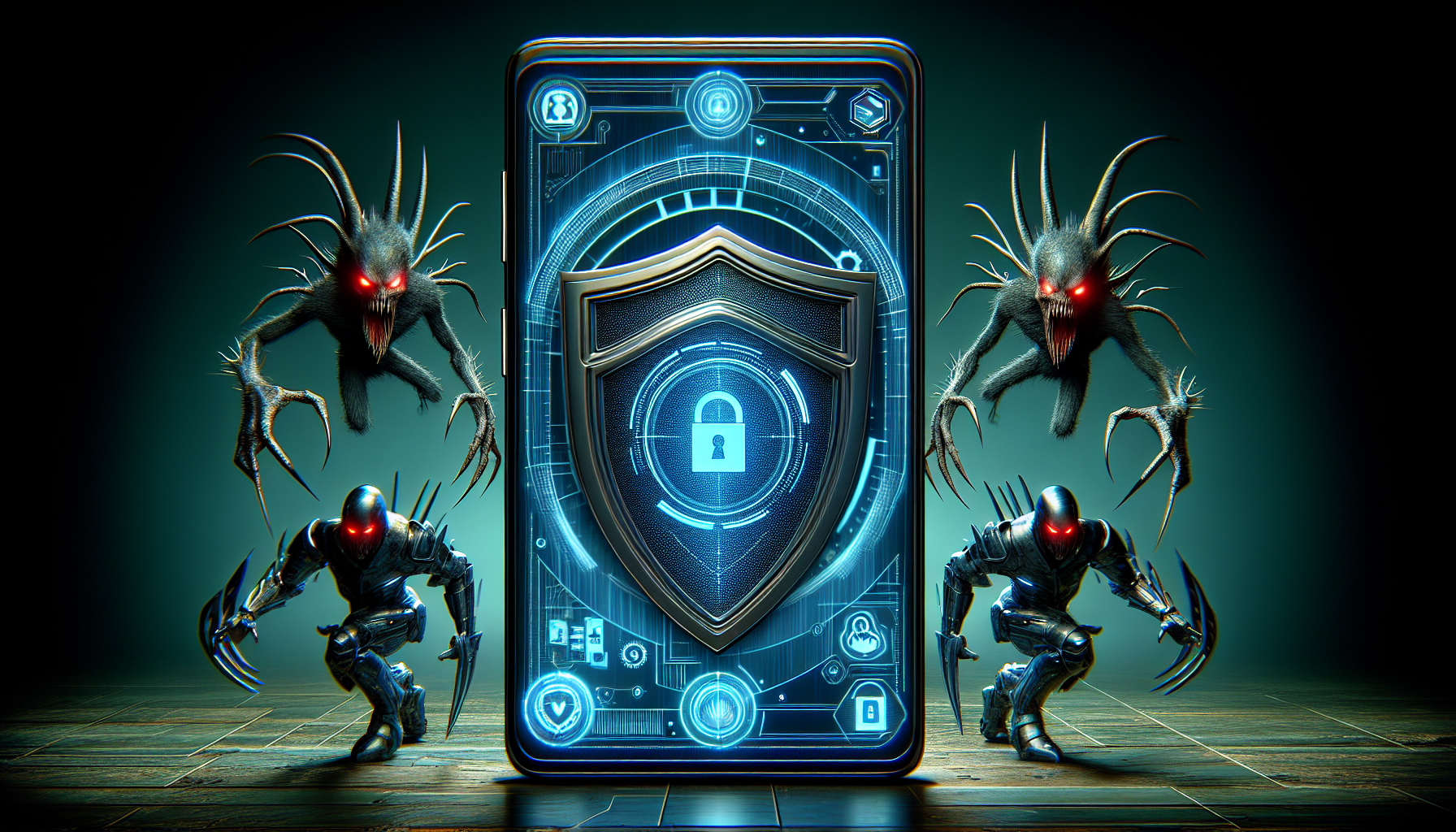Exploring the Integration of AI with IoT: Building Smarter and More Efficient Internet of Things Networks
Introduction
The integration of Artificial Intelligence (AI) with the Internet of Things (IoT) is transforming the capabilities of IoT networks, making them smarter and more efficient. This amalgamation not only enhances data analysis and decision-making processes but also automates operations across various industries, leading to significant advancements in technology and business practices.
The Synergy Between AI and IoT
AI brings intelligent processing to the vast amounts of data generated by IoT devices, enabling:
– Improved data analytics
– Enhanced decision-making capabilities
– Real-time response systems
– Predictive maintenance and proactive interventions
Key Benefits of AIoT
Efficient Data Management
AI algorithms can process and analyze the data collected by IoT sensors more efficiently than traditional methods. This results in:
– Faster data processing
– Reduced latency
– Accurate real-time insights
Enhanced Operational Efficiency
AI-integrated IoT systems can predict potential system failures and schedule maintenance, thus reducing downtime and operational costs. Such systems are also capable of:
– Optimizing resource usage
– Improving supply chain management
Use Cases in Various Industries
Smart Homes
AIoT can automate home systems, leading to enhanced convenience and energy efficiency. Examples include:
– Smart thermostats that adjust temperatures based on predictive behavior and weather forecasts
– Intelligent security systems that recognize residents and detect anomalies
Manufacturing
In manufacturing, AIoT facilitates predictive maintenance, quality control, and supply chain optimization. Features include:
– Machinery that predicts its own maintenance needs
– Systems that adapt to changes in production demand
Healthcare
AIoT in healthcare improves patient monitoring, treatment personalization, and management of medical equipment. Key applications are:
– Wearable devices that monitor health metrics and predict medical events
– Smart hospital rooms that optimize conditions for patient recovery
Future Trends
Enhanced AI Capabilities
As AI technologies like machine learning and deep learning evolve, their integration with IoT will become more profound, enabling:
– More accurate predictive analytics
– Greater autonomy in IoT operations
Increased Adoption and Regulation
With the expansion of AIoT applications, regulatory frameworks will need to evolve to address privacy and security concerns.
Conclusion
The integration of AI with IoT, forming AIoT, offers transformative potential for making IoT networks smarter and more efficient. This synergy is not only optimizing existing systems but is also paving the way for innovative applications that promise to revolutionize various industries. The ongoing advancements in AI will further enhance the capabilities of IoT networks, leading to an even more connected and intelligent world.




